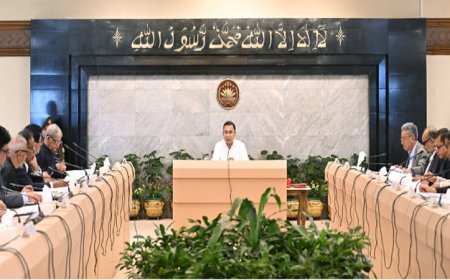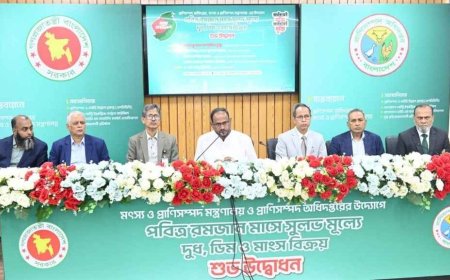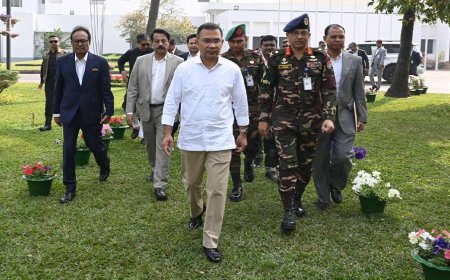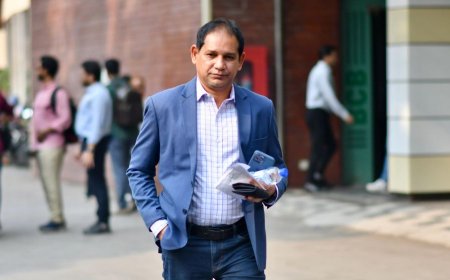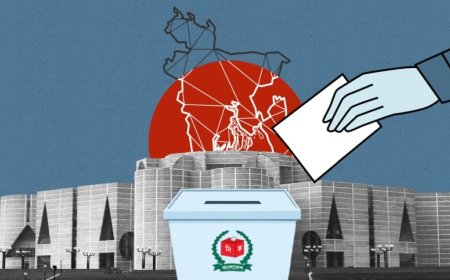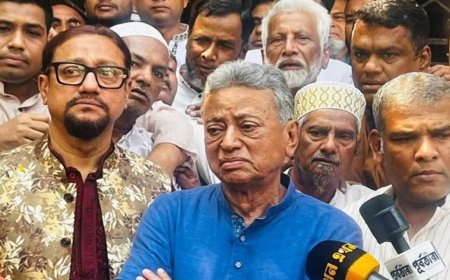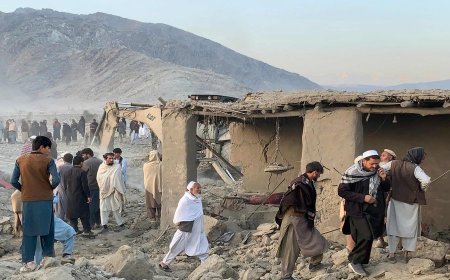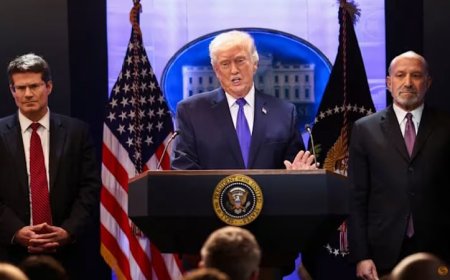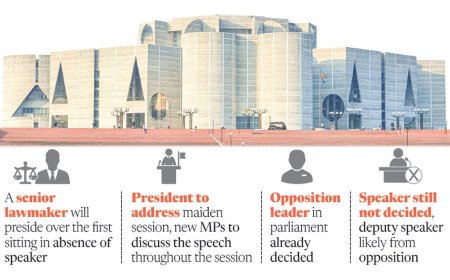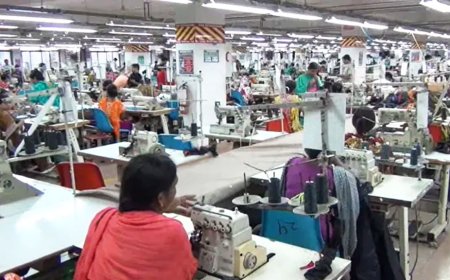No reform can be sustained if the economy is weak
No reform can be sustained if the economy is weak
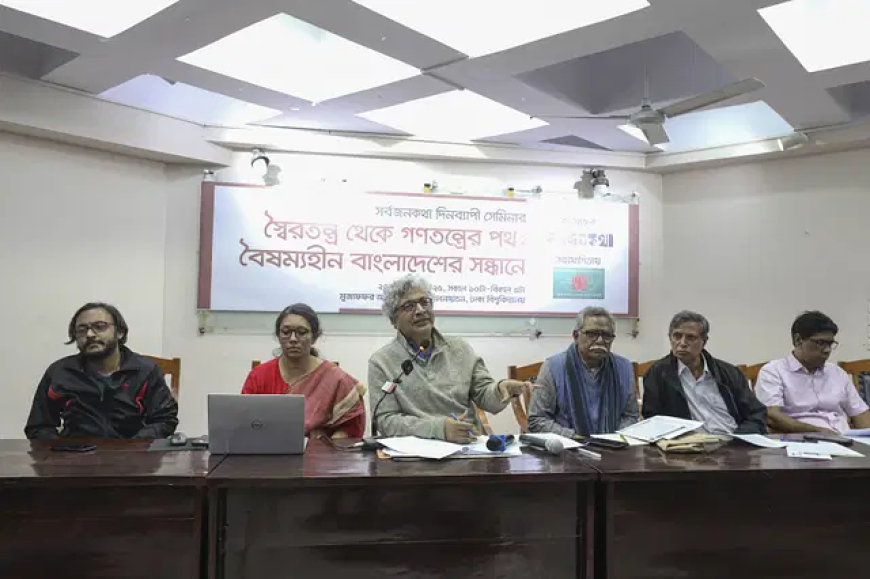
People took to the streets in protest against the previous government’s discriminatory economic policies, including bias in government employment. Following the student uprising, the interim government has launched various reform initiatives. However, without substantial reform of the country’s fragile economic structure, no political or democratic reforms can be truly sustainable.
These comments were made during a seminar titled "From Autocracy to Democracy: In Search of a Discrimination-Free Bangladesh", held at the Muzaffar Ahmed Chowdhury Auditorium at Dhaka University on Monday. The seminar was jointly organized by the quarterly journal Sarvajanakatha and the German-Bangladesh Forum. Economist and Sarvajanakatha editor Anu Muhammad chaired the event, with Sujit Chowdhury delivering the welcome address. Opening the seminar, Anu Muhammad said, "In the aftermath of the student-people’s uprising, a range of hopes, aspirations, and concerns have emerged. This seminar is organized to assess where the nation-building process is falling short and where further attention is needed." The seminar featured four sessions on economics.
During the first session, writer and engineer Kallol Mostafa discussed "The Nature of Economic Inequality in Bangladesh and What to Do About It." He emphasized that the economy is the country’s foundation, and any reforms built on it would ultimately collapse without addressing economic weaknesses. He warned that long-term dictatorship creates deep wounds in governance, and without healing these wounds, reforms will be ineffective. "Reforms can’t be accepted by the people if they do not guarantee basic needs like food and clothing, or address economic inequality," he explained. "Even a beautifully reformed constitution won't suffice if it fails to reduce economic disparities. Without addressing the root causes of inequality, authoritarian forces may reverse the reforms."
Kallol Mostafa also pointed out that the power to shape state policies has shifted to a particular group, with business interests dominating parliament. This, he argued, has led to looting through state policies, contributing significantly to economic inequality. He called for a shift away from this trend.
Informal Sector Growth Due to Policy Failures
Researcher and author Maha Mirza addressed the topic "Failure of Industrialization and the Growth of the Informal Sector in Bangladesh Over the Last Five Decades." She noted that 85% of workers in Bangladesh are now part of the informal sector, a result of persistent policy failures by previous governments. According to Mirza, economists have largely overlooked the informal sector. She contrasted Bangladesh’s approach with that of India, which developed its economy through state-led industrialization. In Bangladesh, agriculture has become unprofitable over the last five decades, while industrialization has stalled, leading to the growth of the informal sector instead.
In a discussion on "Farmers' Fair Price and Food Syndicates: What the State Can Do", journalist Saeed Shaheen criticized the state’s inability to counter the power of traders’ stockpiling activities. He argued that syndicates and middlemen have proliferated due to the state’s lack of capacity to regulate the market. Despite increased value addition in agriculture, he said, farmers have seen their position weaken. He also noted that the government appears to have assumed that the food situation and farmers' welfare are already in good shape, which has led to a lack of reform in this sector.
Energy Sector's Role in Economic Inequality
Discussing the role of the electricity and energy sectors in exacerbating economic inequality, Dhaka University lecturer Mosahida Sultana remarked that previous laws and agreements in the energy sector have often been against the public interest. A significant portion of the revenue is being used to pay capacity charges, despite poor electricity distribution. “We are being discriminated against in various ways within the electricity sector,” she said. She also pointed out that electricity prices have risen 14 times in the last 15 years, placing a significant burden on the working class and contributing to inflation.
The Need to Cancel Harmful Contracts
Economist Anu Muhammad, in his address, argued that harmful or financially burdensome power projects should be cancelled, citing examples from other countries where such agreements have been annulled. He also discussed the issue of foreign loans, suggesting that if a government is unelected and unpopular, and if a project is opposed by the public, the people have the right to deny responsibility for the associated loans and contracts.
In response to the imposition of VAT on various products, Anu Muhammad criticized the government's decision, arguing that citing the budget deficit as a reason for imposing VAT on the public is unreasonable.
What's Your Reaction?









